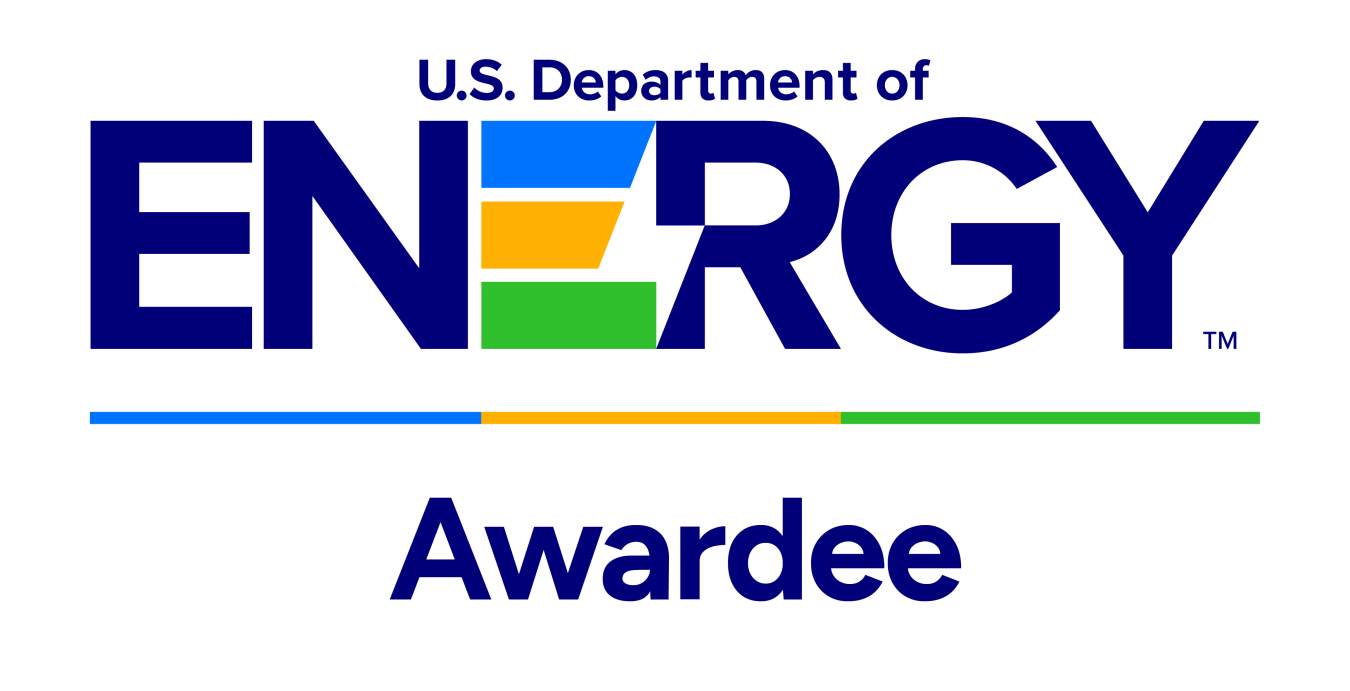CEDARS studies how electrons and protons move and how bonds form and break on the surface during the process of producing hydrogen from water. We combine precise methods for growing materials with various techniques like scattering and spectroscopy to examine the intermediate steps involved. We also use computer modeling based on fundamental principles. Our team is diverse and comes from different fields of study, including materials science, chemistry, and computational science.
Our Challenge
Using water to produce hydrogen, which is a clean and abundant energy source, is a secure method. However, the current method of producing hydrogen from water is slow and requires more energy than necessary. Scientists are not sure why this is the case because the process of splitting water into hydrogen and oxygen involves complex reactions. Our team of researchers has been formed to understand the step-by-step process of how these reactions occur, how catalysts work, and how they can improve the efficiency of producing hydrogen from water.
In our research, we are investigating how to produce clean hydrogen on a large scale. We have divided our research into three main areas called "thrusts."
Community
In addition to our research, we also prioritize training and developing a diverse workforce. We want to create an inclusive environment and equip the next generation of researchers with the skills needed to advance clean hydrogen production on a large scale. We believe that through collaboration and exchange, we can make significant progress in this important field.
Thrust 1
In Thrust 1, our focus is on understanding how different catalysts affect the process of splitting water. We want to know why some catalysts start the reaction faster than others. By studying metals and metal oxides, we aim to uncover the energy and dynamics involved in breaking apart water molecules. We will use advanced techniques like spectroscopy to observe the structure and changes that occur during the reaction.


Thrust 2


Thrust 3




_(800_x_400_px).png/logo)



